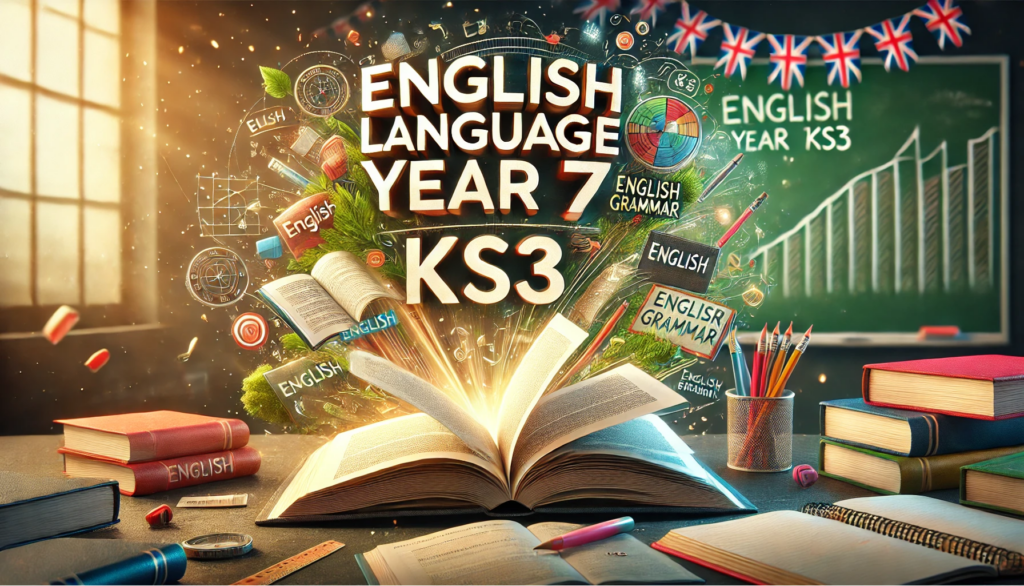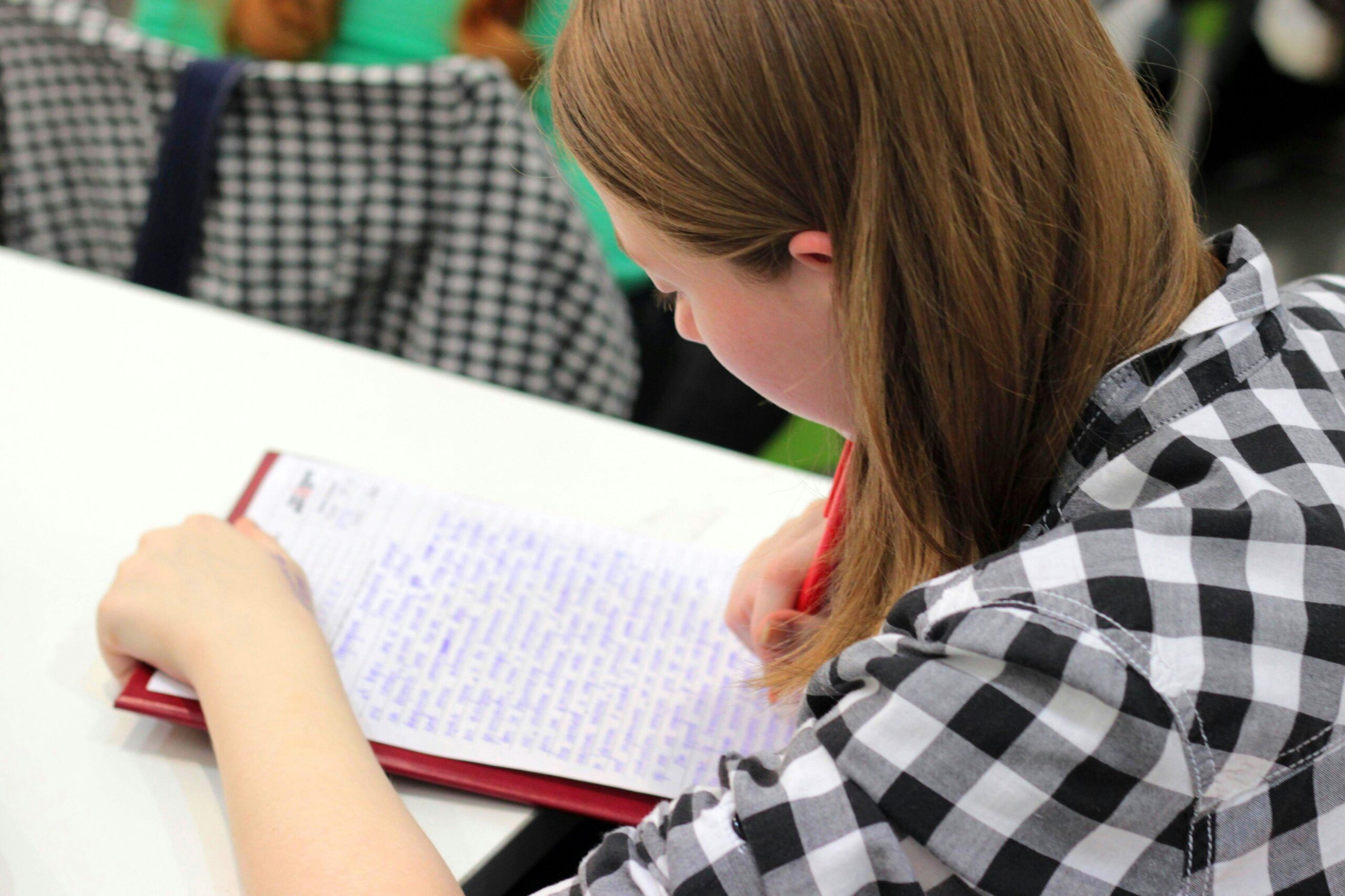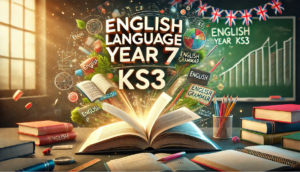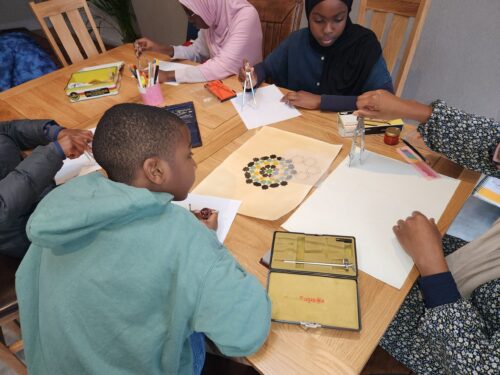Year 7 curriculum aims to build a strong foundation in English by engaging students with a diverse range of texts and writing activities. It fosters critical thinking by encouraging students to analyze and interpret literature, identify themes, and evaluate different perspectives. Effective communication skills are developed through structured speaking and listening exercises, including group discussions and presentations, which build confidence and clarity in expressing ideas. Additionally, the curriculum emphasizes the development of lifelong learning skills, such as independent reading, self-reflection, and the ability to connect literary insights to broader real-world contexts, ensuring that students are well-prepared for future academic challenges and personal growth.
Throughout the year, students are encouraged to read independently, participate in book clubs, and engage in enrichment activities such as writing competitions. Regular assessments, both formative and summative, are conducted to monitor progress and provide feedback.
This structured approach ensures that by the end of Year 7, students have a solid foundation in the key areas of English, preparing them for more advanced study in subsequent years.
The course content includes:
Term 1: Introduction and Foundation
- Reading: Introduction to a novel or a set of short stories, focusing on comprehension, character analysis, and understanding plot and setting. Students also begin exploring poetry and identifying literary devices.
- Writing: Emphasis on narrative and descriptive writing. Students practice crafting coherent stories and descriptive passages, paying attention to vocabulary and sentence structure.
- Speaking and Listening: Activities include group discussions and introductory presentations. Students work on expressing their ideas clearly and listening to others.
- Language Study: Basic grammar and punctuation review, focusing on sentence construction and correct usage of common punctuation marks.
Term 2: Developing Skills and Analysis
- Reading: Study of a more complex novel or a play (often Shakespeare), with a deeper focus on themes, character development, and authorial techniques. Comparative analysis of different texts may also be introduced.
- Writing: Introduction to transactional writing, such as letters, reports, and persuasive essays. Students learn to structure arguments and use persuasive language effectively.
- Speaking and Listening: Continued emphasis on discussions and debates. Students participate in more formal debates and start working on more structured presentations.
- Language Study: Continued focus on grammar and syntax, with an introduction to more advanced concepts like subordinate clauses and varied sentence structures.
Term 3: Application and Synthesis
- Reading: Analysis of a variety of texts, including non-fiction, to develop critical thinking and analytical skills. Students are encouraged to make connections between texts and themes.
- Writing: Focus on refining both creative and transactional writing skills. Students work on longer, more detailed pieces, integrating feedback and improving technical accuracy.
- Speaking and Listening: Emphasis on performance and drama, with activities such as role-playing and reciting poetry. Students may also engage in group projects that require collaborative speaking and listening skills.
- Language Study: Consolidation of grammar and punctuation knowledge, with practice exercises and application in writing tasks. Introduction to the study of etymology and the development of the English language.
Cost: £856 per year, payable in 8 monthly instalments of £107.00.
Should you require further information on this course, please click on the chat widget at the bottom right corner of the screen to leave a message and we will get back to you as soon as possible.





































